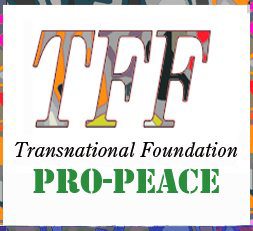US Boycotts Historic Nuclear Weapons Ban Treaty
An unidentified man stands next to a tiled fireplace where a house once stood in Hiroshima, Japan, on Sept. 7, 1945. The vast ruin is a result of “Little Boy,” the uranium atomic bomb detonated on Aug. 6 by the U.S.
The United States has joined a small group of global outliers on Friday after a historic United Nations treaty to ban nuclear weapons was adopted by a majority of the world’s nations.



